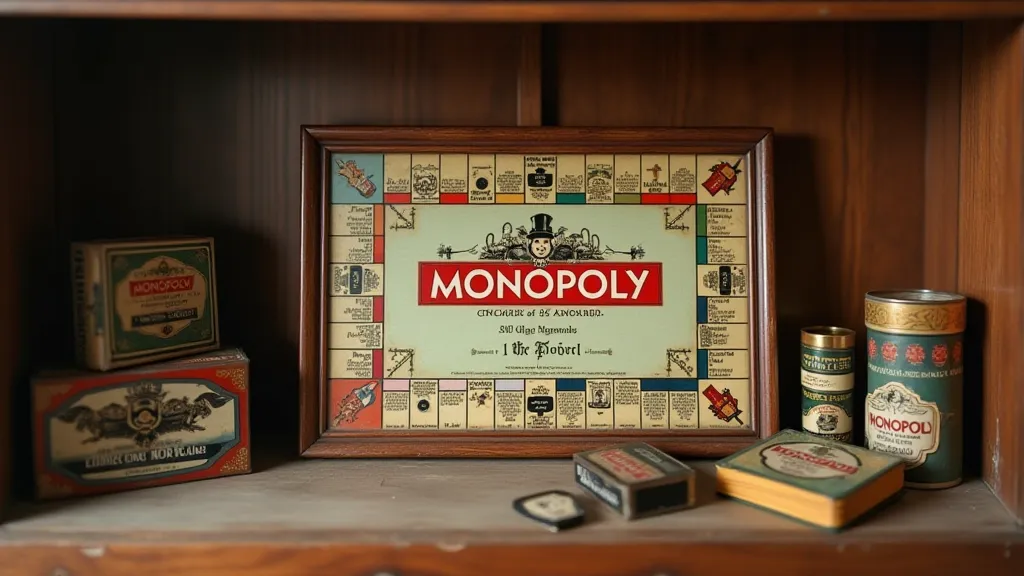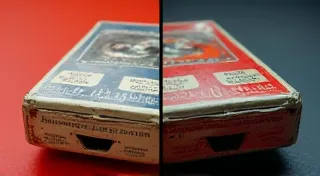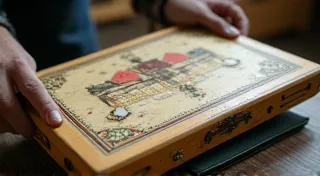The History of Monopoly: From Landlord's Game to Global Phenomenon
Monopoly. The name conjures images of frantic dice rolls, heated arguments, and the triumphant acquisition of Boardwalk and Park Place. But few know the surprisingly complex and politically charged history behind this ubiquitous board game. This article will delve into the evolution of Monopoly, tracing its journey from a critique of capitalism to a global phenomenon, and highlighting key printings that make it highly sought after by vintage board game collectors.
The Landlord's Game: Seeds of an Idea
The story begins not with Parker Brothers, but with Lizzie Magie, a progressive activist and economist. In 1903, she patented “The Landlord’s Game,” intended to illustrate the negative consequences of monopolies and land speculation. Magie’s game had two sets of rules: one promoting wealth creation through collaboration and the other mirroring the exploitative practices she opposed. Essentially, it was designed to be a teaching tool, demonstrating the evils of concentrated wealth. The game was intended to be shared freely, with players encouraged to copy and distribute it.
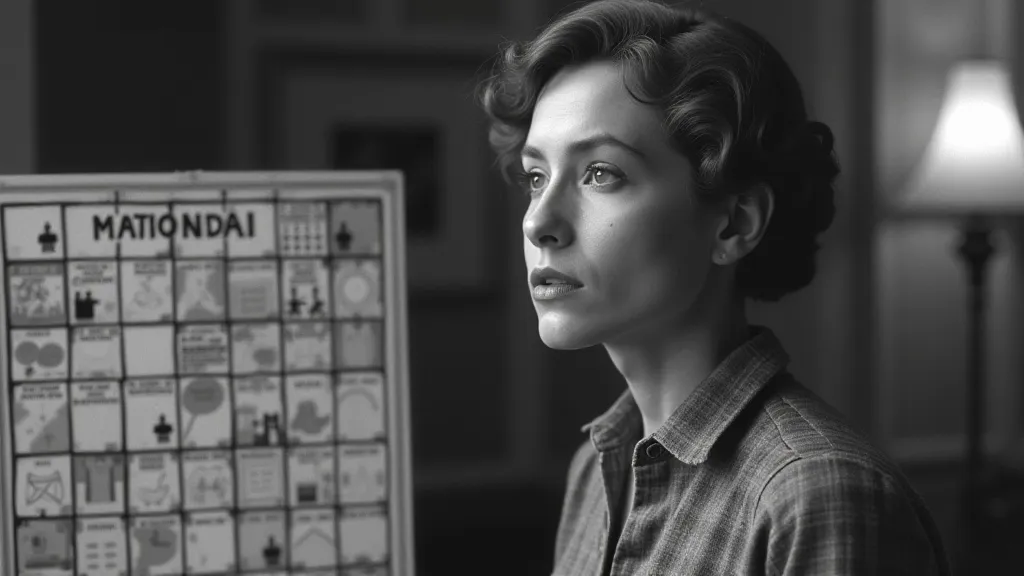
Spreading Through the Underground
The Landlord’s Game never achieved widespread commercial success under Magie’s ownership. However, it began to spread organically through communities in Atlantic City, New Jersey and surrounding areas. Players modified the game, adding local street names and changing the rules. This informal evolution, passed down through generations, was crucial in shaping what would eventually become Monopoly.
Charles Darrow and the Parker Brothers Acquisition
In the early 1930s, during the Great Depression, Charles Darrow, an unemployed salesman, encountered a version of the game that bore little resemblance to Magie’s original concept. He claimed to have invented it himself and, in 1935, sold it to Parker Brothers. Parker Brothers initially rejected Darrow’s version due to "52 fundamental errors." However, recognizing the game's potential, they revised it and launched it to phenomenal success. They bought up the rights to similar games being played regionally, including those with connections to Lizzie Magie’s original concept, often paying very little for them.
Parker Brothers' success was built on presenting Monopoly as a completely original creation, effectively erasing Lizzie Magie's contribution for many years.
Early Printings: Key to Value
For collectors of vintage board games, early editions of Monopoly are particularly valuable. These early printings possess characteristics that distinguish them from later, mass-produced versions. Here are a few key aspects to consider:
- 1935-1936 Early Editions: These are considered the holy grail for many collectors. They feature unique illustrations and are characterized by subtle differences in the board design and card text. These are often identifiable by the absence of trademarks and licensing information seen in later editions.
- 1936-1939 Editions: These editions introduced significant changes, including updated artwork and standardization of rules. These are still valuable, but less so than the very earliest editions.
- The "New Era" Editions (1939-1944): World War II significantly impacted production. These editions often feature patriotic themes and simpler artwork due to wartime material restrictions. The "Thing" illustrations replaced the original artwork.
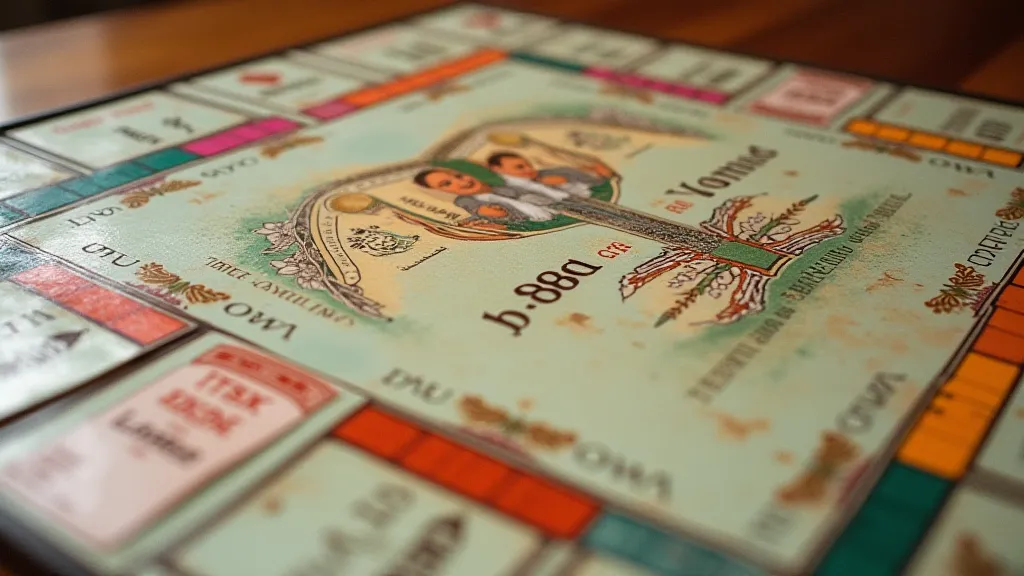
Rarity and Value: What to Look For
Determining the value of a vintage Monopoly game requires careful examination. Factors influencing value include:
- Condition: As with any collectible, condition is paramount. Games in excellent condition, with all original components intact, command the highest prices.
- Completeness: Missing pieces drastically reduce value.
- Rarity of Edition: The earlier the edition, the rarer and more valuable it tends to be.
- Variations: Unique variations in components or artwork can significantly increase value.
Beyond the Board: The Legacy
Monopoly’s journey from a progressive critique to a global entertainment icon is a fascinating testament to the power of adaptation and commercialization. While Lizzie Magie's original intent may have been lost along the way, her creation continues to spark debate and inspire generations of board game enthusiasts. Collecting vintage Monopoly games provides a unique window into this complex history, offering a tangible link to a bygone era and a reminder of the game’s enduring appeal.
